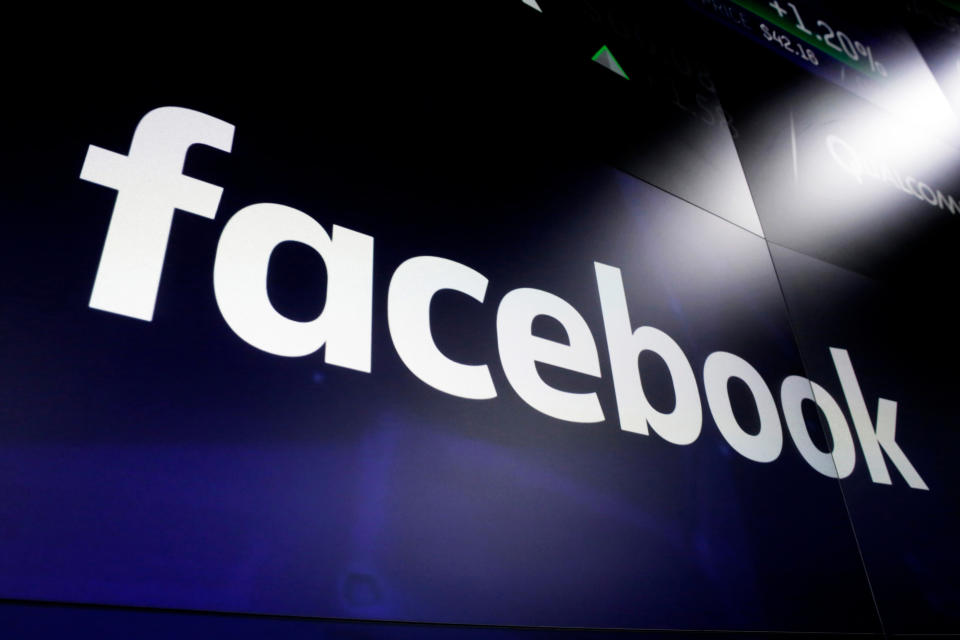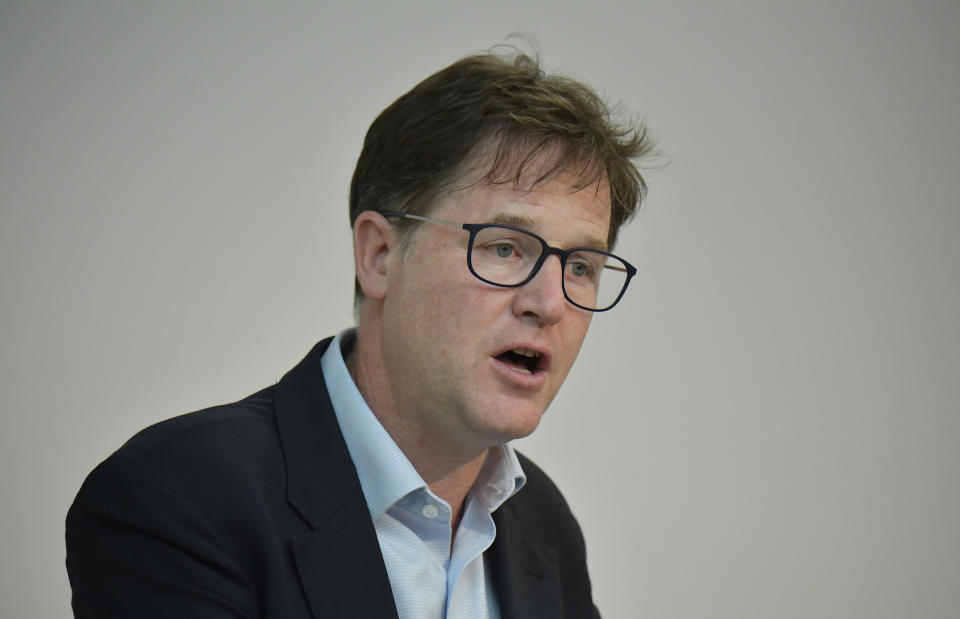Facebook says posts by politicians won't be subject to fact-checking

Facebook posts from politicians will not be subject to fact-checking rules, the social media giant has confirmed.
Content from politicians will be considered "newsworthy content" and therefore be exempt from a new scheme that aims to stop the proliferation of false stories.
Politicians will also be allowed to break rules regarding hate speech and other topics if the risk of harm is not significant.
Facebook's vice president of communications Sir Nick Clegg made the announcement during a speech in Washington DC, United States, on Tuesday.
The ex-Liberal Democrat leader said: "We rely on third-party fact-checkers to help reduce the spread of false news and other types of viral misinformation, like memes or manipulated photos and videos.
"We don't believe, however, that it's an appropriate role for us to referee political debates and prevent a politician's speech from reaching its audience and being subject to public debate and scrutiny."

Third-party fact-checkers review content posted on Facebook in a bid to help the social network identify fake news and disinformation.
Sir Nick noted politicians have been publicly exempt from its third-party fact-checking programme for more than a year, but if a politician shares previously debunked content, Facebook plans to demote that content, display related information from fact-checkers and reject its inclusion in advertisements.
READ MORE YAHOO NEWS HERE
Transgender man who gave birth to boy loses legal fight to be recognised as father
London-Sydney flight times could be cut to four hours by 2030s with new hypersonic engine
Inca child sacrifices were put on top of volcanoes to be hit by lightning
He said the social media company did not want to participate itself but wanted to make sure there was a “level playing field”.
Sir Nick admitted Facebook had made mistakes during the 2016 US presidential elections when Russia used the social network to interfere with the campaigns.
He added new procedures would help ensure it did not happen again.
Facebook told the BBC there were no "strict parameters" on who would be considered a politician but it did confirm banned far-right activist Tommy Robinson would not have his page reactivated despite him running in European elections earlier this year.
It said Robinson was still considered a dangerous individual.
Political advertisements will still have to follow all the rules and will not be treated like individual politicians.
Sir Nick also took the opportunity to speak out against calls for Facebook to be broken up, saying: “Pulling apart globally successful American businesses won’t actually do anything to solve the big issues we are all grappling with – privacy, the use of data, harmful content and the integrity of our elections.

 Yahoo News
Yahoo News 